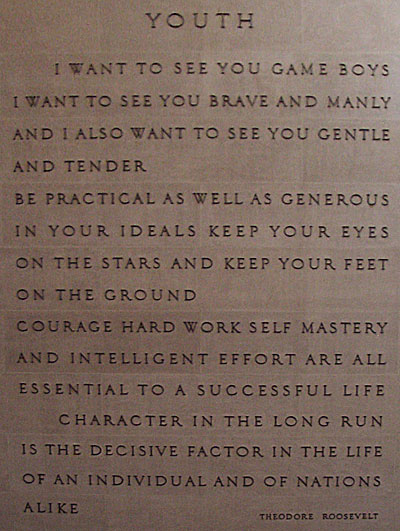I am finishing an article on matching tile games, and the question of imitation and originality keeps coming up. I’ve often heard the idea of “the bad artist imitating, the good artist stealing” attributed to Picasso, but it is actually from T.S. Eliot in a 1922 essay:
Immature poets imitate; mature poets steal; bad poets deface what they take, and good poets make it into something better, or at least something different. The good poet welds his theft into a whole of feeling which is unique, utterly different from that from which it was torn; the bad poet throws it into something which has no cohesion. A good poet will usually borrow from authors remote in time, or alien in language, or diverse in interest.
Spot on for game design: The good designer welds his or her theft into a whole of feeling which is unique, utterly different from that from which it was torn; the bad designer throws it into something which has no cohesion.



